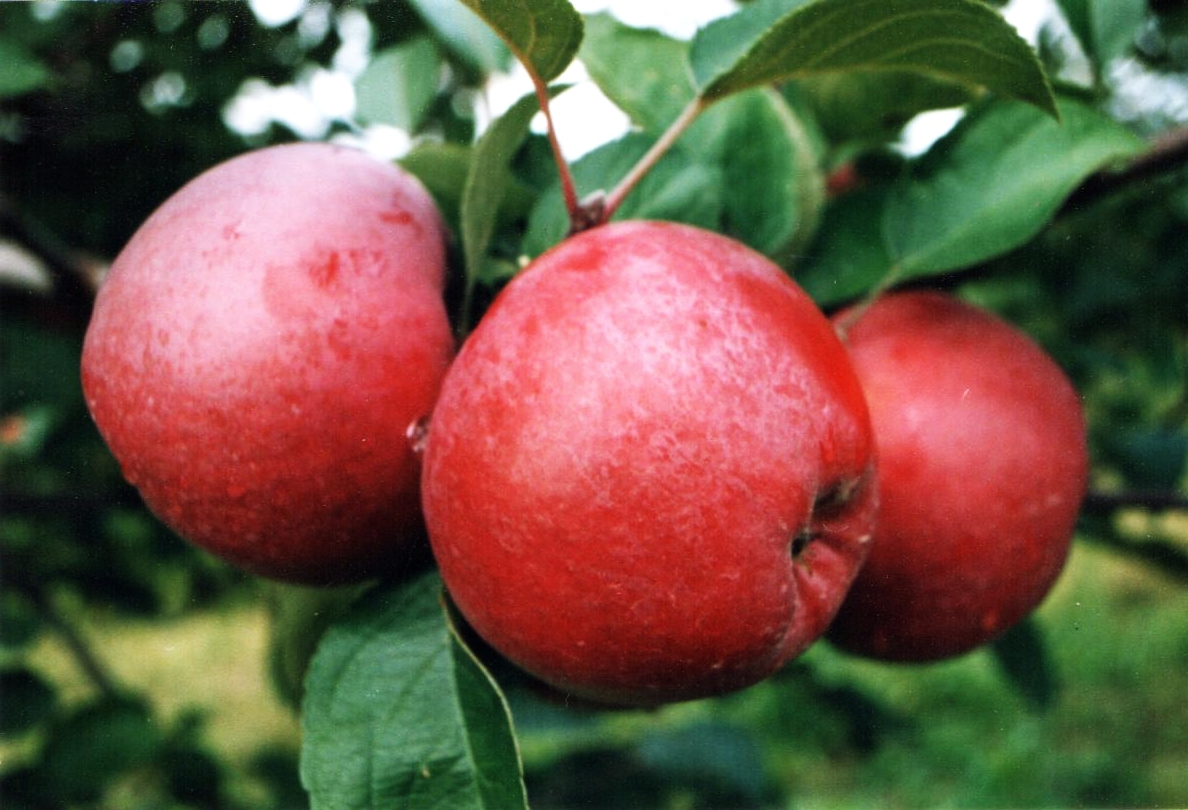 This post continues the discussion of antibiotics and their overuse. Antibiotic resistance is increasing due to misuse of antibiotics (or antimicrobials), and this is occurring throughout the world (post with video of how superbugs evolve). This is because bacteria are constantly evolving against the antibiotics they're exposed to. We may reach a point where simple cuts or infections could lead to death because no antibiotics will work. The World Health Organization (WHO) in 2016 said that bacterial resistance to antibiotics is “one of the biggest threats to global health." Especially scary are the bacteria resistant to numerous antibiotics - the superbugs.
This post continues the discussion of antibiotics and their overuse. Antibiotic resistance is increasing due to misuse of antibiotics (or antimicrobials), and this is occurring throughout the world (post with video of how superbugs evolve). This is because bacteria are constantly evolving against the antibiotics they're exposed to. We may reach a point where simple cuts or infections could lead to death because no antibiotics will work. The World Health Organization (WHO) in 2016 said that bacterial resistance to antibiotics is “one of the biggest threats to global health." Especially scary are the bacteria resistant to numerous antibiotics - the superbugs.
According to the CDC: "Each year in the United States, at least 2 million people become infected with bacteria that are resistant to antibiotics and at least 23,000 people die each year as a direct result of these infections."
Part of the problem is that farmers are still giving antibiotics (antimicrobials) to farm animals unnecessarily, typically as "growth promoters" or to try to prevent disease. Currently about 80% of all antibiotics used in the US are given to livestock animals (of which nearly 70 percent of those used are considered “medically important” for humans). But what is typically ignored is that farmers also use antibiotics, or antimicrobials, on crops (plant agriculture). In both instances - conventional farming uses antibiotics, but NOT organic farming. Another reason to support organic farming and to eat organic foods.
The nonprofit organization Beyond Pesticides has just released a report discussing antibiotic use in conventional farming (both crops and animals), and how this is contributing to "bacterial resistance to critical life-saving human medicines", and also how organic farming does not use antibiotics. The report discusses that while antibiotic use in animal agriculture is widely acknowledged as harmful, the use of antibiotics in conventional crop production is also harmful. Antibiotics are used because plants can get bacterial diseases (e.g.,bacterial canker, soft rot, and bacterial wilt) The report even discusses fish farming, how antibiotics are used routinely in seafood imported from other countries, and also how some fungicides are used as antibiotics (to "manage" or kill bacteria).
What antibiotics are used in agriculture? For starters - glyphosate (in the pesticide Roundup), which is the most widely used pesticide in the world. Glyphosate is patented by its manufacturer (Monsanto) for its antibacterial properties - thus an antibiotic. As a result, glyphosate is the most widely used antibiotic in agriculture and around homes, gardens, schools, and communities in the U.S. Other antibiotics used widely in farming (especially for fruit trees) are oxytetracycline and streptomycin - which are used in the production of apples, pears, peaches, beans, celery, peppers, tomatoes, and potatoes. The government allows antibiotic residues to remain on the foods ("tolerances for residues on foods") when we buy them in grocery stores.
The report also points out that: The main health impacts of antibiotic residues in food are the promotion of antibiotic resistance and disruption of the microbiota in the human gut. Which means that the microbial communities in our gut can be affected in a negative way. It's well worth reading the 7 page easy to read report - with lots of photos, graphs, and good explanations. Beyond Pesticides: Agricultural Uses of Antibiotics Escalate Bacterial Resistance
